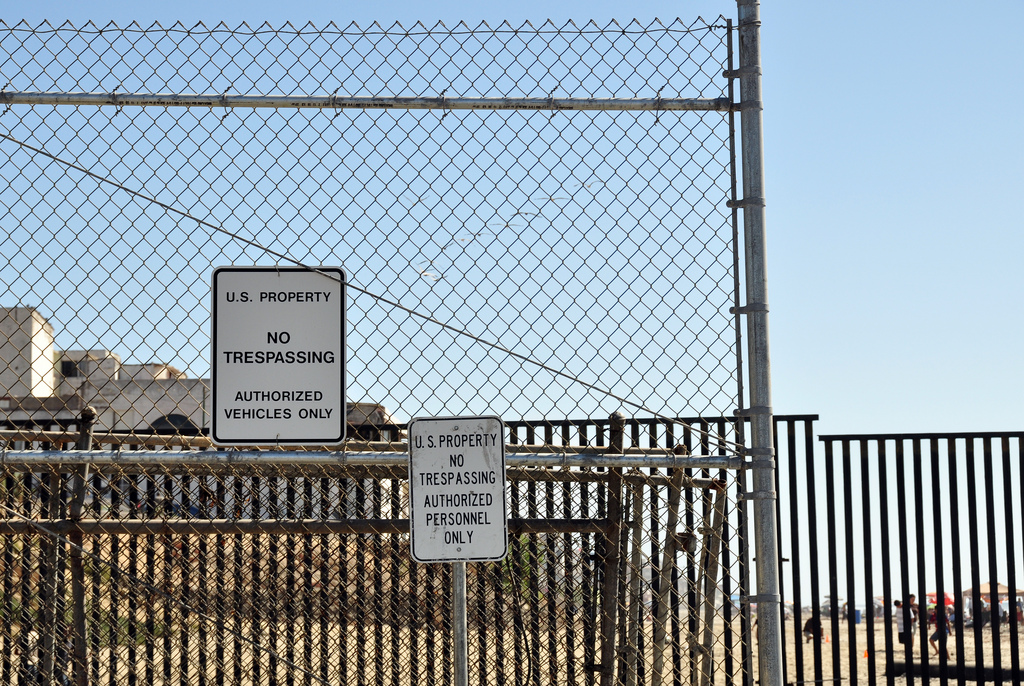In the weeks since photos were released of Virginia Governor Ralph Northam (D) reportedly appearing in racist garb, nearly every elected official has responded to the situation – Virginia legislators, U.S. senators, and even 2020 presidential contenders. Though, the one who battled against Northam in the 2017 gubernatorial race, Ed Gillespie, has not responded, until now.
The former Republican candidate for governor was recently asked to give his take on the matter at the Heritage Foundation’s Jay A. Parker lecture and reception.
“For Virginians, this is a very painful time to see these images splashed up on television screens and newspapers, and it doesn’t reflect the Virginia that I know and my fellow Virginians [know],” Gillespie said as he started off his monologue.
“Virginia has a long history when it comes to race, obviously.”
“From our very founding, Virginia and Virginians have been at the very forefront of American history,” he said, meanwhile noting the Commonwealth has, in fact, been on the “wrong side” of that history many times.
Gillespie explained that Virginia was the home of “massive resistance,” a political a strategy enforced by Democratic U.S. Senator Harry F. Byrd, Sr. to unite white leaders against public school desegregation. Nevertheless, he added that Virginia was also the nexus of the U.S. Supreme Court’s decision in Brown v. Board of Education (1954), cementing the notion “separate is not inherently equal.”
Referencing Farmville’s Russa Moton High School, Gillespie explained that “more students who were plaintiffs in Brown v. Board were Virginians than from any other state.”
Adding his reverence for the school, which is now a museum commemorating the student birthplace of the American civil rights movement, he said of his experience, “when Barbara Johns led that walk-out, you feel like you’re there.”
“Cappahosic is the cradle of Virginia civil rights and really of American civil rights,” he explained, adding the “Gloucester Institute does a fantastic job on that beautiful piece of property where Dr. [Martin Luther] King [Jr.] stayed before the ‘March on Washington.’ [We’re] proud of that history in Virginia.”
According to the Gloucester Institute, the United Negro College Fund (UNCF) was first conceived at that location, which led to Dr. Frederick Patterson, the son-in-law of Dr. Robert Russa Moton, becoming the first UNCF President. Furthermore, strategies were conceived at Holly Knoll at Cappahosic for the desegregation of lunch counters, and “[o]n a bench under the 400-year-old live oak, Dr. Martin Luther King, Jr. is said to have drafted portions of the ‘I Have a Dream’ speech.”
Gillespie also said he and Virginians are proud to celebrate “the 30th anniversary of the first inauguration of an elected black governor in the history of the United States of America.” Governor L. Douglas “Doug” Wilder served as the 66th governor of the Commonwealth, also going on to become the first directly-elected mayor of Richmond from 2005 to 2009.
Continuing his response, the former GOP gubernatorial candidate said, “while we’re seeing some imagery right now that does not reflect well on some of the leadership in Virginia, we have much to be proud of, [but] we have a long way to go.”
“One of the things that we’re seeing in American society right now is a sorting that’s going on, and it’s not just in the media…we’re living with people whom we agree and not around people with whom we disagree – there is a real sorting on and that’s a problem.”
He explained that when he ran for office he would “go places I otherwise would not go, and to meet people I otherwise would not meet, and that was enlightening to me, and to try and look at things through other people’s eyes.”
Gillespie then told an anecdotal tale about the “Black Lives Matter” movement, which has led the renewed charge for race relations over the past few years.
“I remember the first time I saw that, and my initial, immediate reaction was similar I suspect to a lot of people, which was ‘well of course black lives matter, all lives matter.’ But then I stopped and thought, ‘I have never once in my life felt the need to stand up and shout white lives matter,'” he said.
“When you hear a significant portion of your fellow Americans feeling compelled to call this to your attention you need to stop and listen, and it affected my thinking in terms of criminal justice reform and a number of other things.”
Throughout his campaign for governor, Gillespie had conversations with incarcerated individuals and victims of crimes to bridge the gap between racial disparities in the criminal justice system and socioeconomic factors that hold back some Virginians. Moreover, he commonly told voters the criminal justice system should be “just, fair and redeeming,” with Virginians exiting the system “more prepared to live a full and contributing life in society.”
Ending his response during the Heritage Foundation’s lecture, Gillespie said, “This is a rough time in Virginia, it is not reflective of the values and the people of Virginia, and we’ve had tough times before and we’ve gotten through it and I’m confident we will get through it now.”





